One of the most important tools writers have is our eyes and ears, to take in the world around us, down to the tiniest little details.
I’ve found this approach has helped me through difficult times, because no matter how miserable, stressed, or unbearable something is, at the back of my mind, I’m always thinking, ‘I’ll get a good character or story out of this.’
Someone once said if my house burned down, I’d get out, stand on the pavement with a note pad and pen and just observe what happened all around me, how I felt, what others did, carefully writing it down.
I love to notice people’s speech patterns, to really listen to how they speak, what phrases they like to use. I noticed a colleague started every sentence with, ‘I don’t know, but...’ and then went on to say something she really did know very well every time. Or how about someone who constantly boasts they ‘don’t do...’ before being shown to do quite the opposite?
I may not use that actual phrase, but it conjures up some other character traits which I can quite easily form into a character, a bit more imagination and I’ve got a ‘what if’ scenario, or a problem, and then an idea for a story.
A friend told me about a boss he’d had, and described their one to ones – a time where they should discuss his personal development, issues with work etc. He explained, ‘They were just ones.’ I asked what he meant. The boss monopolised the time and only spoke about himself, his children, his weekend, his lunch, anything really, except what a one to one was for. My friend watched their precious time tick away, all his unanswered questions remaining on his pad, unanswered, until the next ‘one’ the following month.
Someone else told me about her leaving do: after some years at this organisation, her boss spoke at her leaving do for fifteen minutes. So far so ordinary. But the boss didn’t talk about her, and her contribution to the company, oh no, the boss talked about himself. Yes, that’s right, fifteen minutes all about himself, what he thought when he first met my friend; the different jobs he’d done at the organisation; the career path he’d taken to get to the job etc.
Things like these may become the start of a scene I’m writing, or they could be a shortcut to summarise the character I’m developing. However I use them, they’re all around me, every day, all the time, you just have to watch and listen for them every hour of every day, and subtly make a note of it for later use.
What use do you make of the world around you? Do you have details from life you’ve used in your writing? I’d love to hear from you.
Until next time
Liam xx
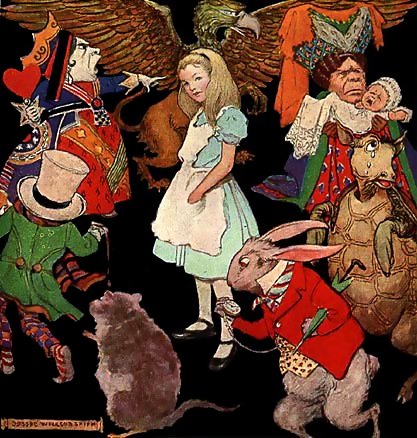
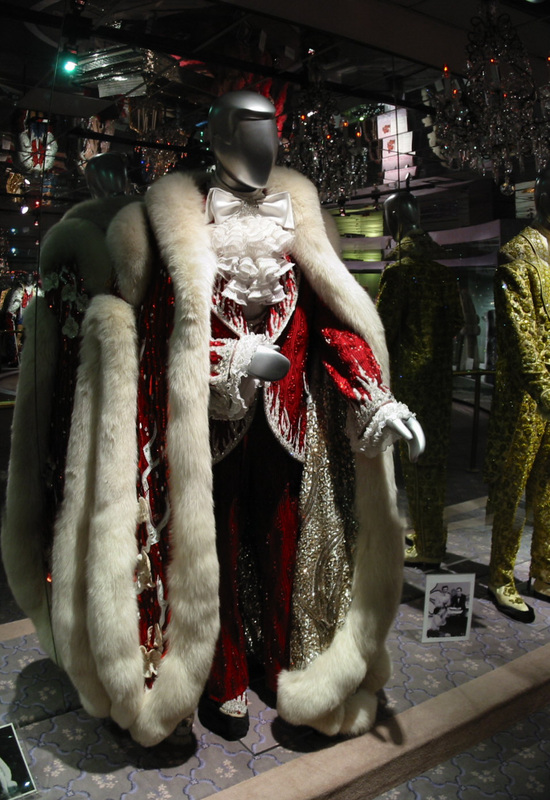
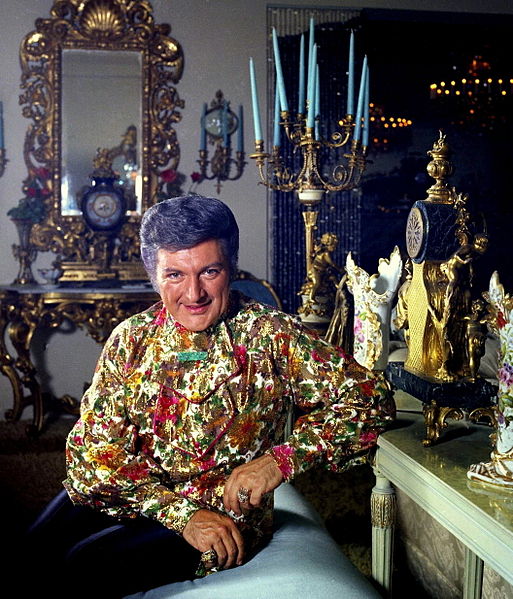
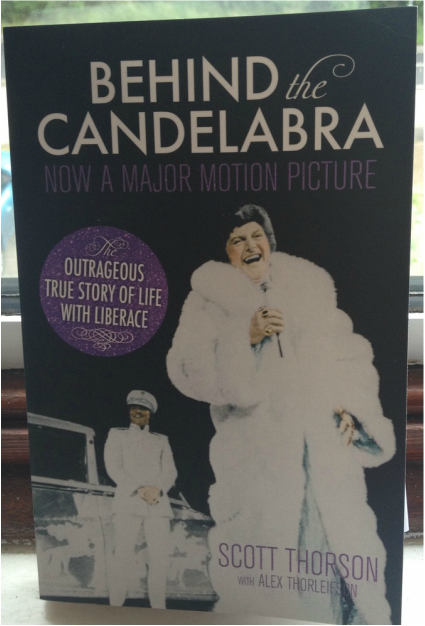
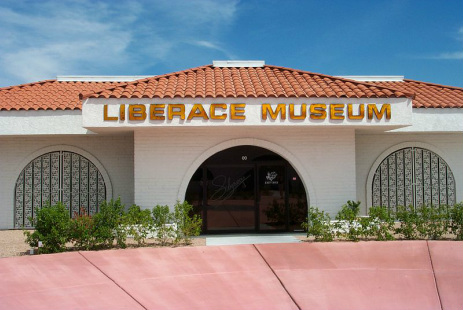

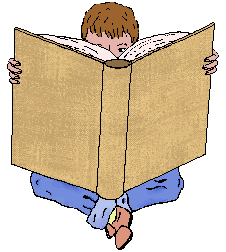
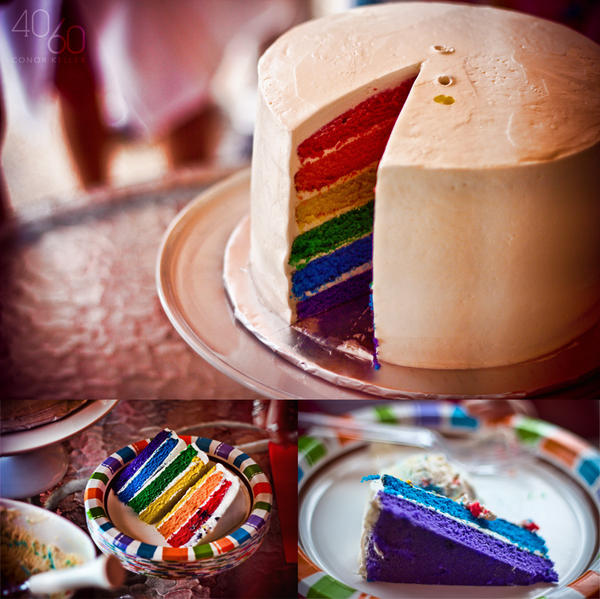
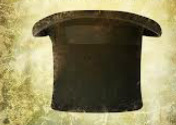
 RSS Feed
RSS Feed
